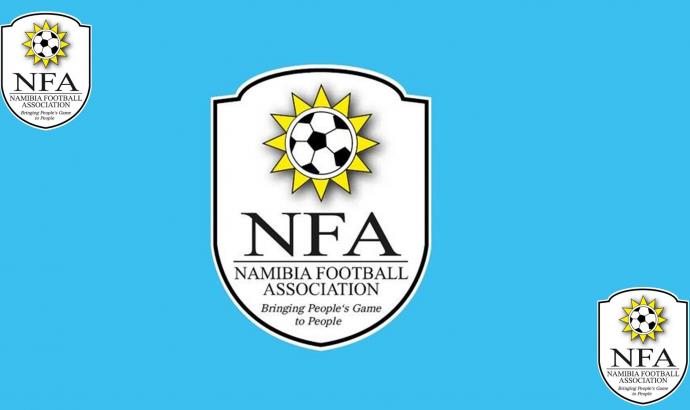The Namibia Football Association (NFA) is facing criticism for a rule that stops people or organisations from controlling more than one football club in the country’s leagues.
This rule is meant to prevent conflicts of interest and keep matches fair. However, some people are worried about how well the rule works and how it affects football in Namibia.
One major problem is that it’s unclear what “control” over a club means. This confusion has led to arguments about who owns and manages certain clubs.
There are also claims that some people or companies are finding ways to get around the rule by using complicated structures to control multiple clubs. This undermines fair competition and raises doubts about the NFA’s ability to enforce its own rules.

Another concern is that the rule might slow down the growth of football in Namibia. By limiting who can own or control clubs, there might be less investment and involvement from those who have the money and skills to improve the leagues.
The NFA needs to tackle these problems by clearly defining what “control” means and strictly enforcing the rule to stop any cheating. They should also improve their monitoring to make sure everyone follows the rules.
The NFA might want to rethink the rule to allow more flexibility and partnerships between clubs. This could help attract more investment and raise the standard of the leagues.
While the NFA’s intention is to prevent unfairness in matches, the implementation of the rule has caused friction within the Namibian football community. To maintain fair play and promote the development of football, the NFA must address the concerns surrounding the rule while balancing the need for transparency and integrity in the game.


